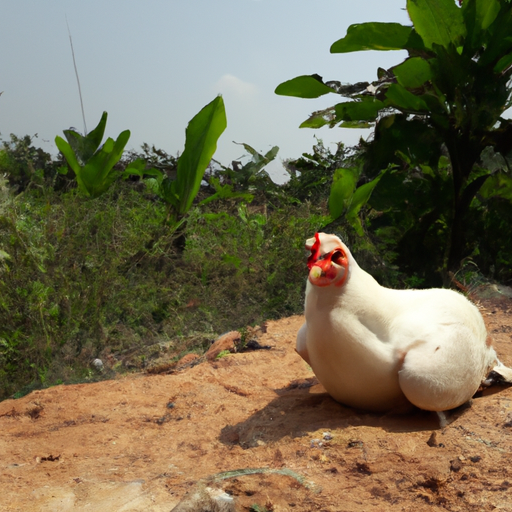 Introduction:
Introduction:
The domestication of animals is a profound human achievement that has shaped civilizations and transformed the natural world. This intricate process, which has occurred over thousands of years, involves the taming, breeding, and adaptation of wild animals to coexist and serve human needs. In this extensive article, we delve into the multifaceted aspects of animal domestication, exploring its origins, the selection pressures involved, and the implications for both humans and animals.
1. The Origins of Animal Domestication:
The journey of animal domestication can be traced back to the dawn of human civilization. It is believed to have begun around 10,000 to 15,000 years ago when humans transitioned from a nomadic hunter-gatherer lifestyle to settled agricultural communities. This shift created new opportunities and challenges, leading to the cultivation of crops and the subsequent need for domesticated animals.
2. Selecting the Right Candidates:
The process of domestication involves selecting specific animals that possess favorable traits for domestication. These traits include docility, adaptability, and a hierarchical social structure. Early humans selectively bred animals that exhibited these traits, gradually reducing their natural fear and aggression towards humans and fostering a mutualistic relationship.
3. Behavioral Changes and Adaptations:
As animals were domesticated, they underwent various behavioral and physiological changes. Over generations, their genetic makeup evolved, resulting in alterations such as reduced brain size, altered reproductive patterns, and modifications in physical appearance. These adaptations allowed animals to thrive in the human environment and fulfill specific roles, such as providing food, labor, or companionship.
4. Canine Domestication: The Case of Dogs:
Among all domesticated animals, the domestic dog (Canis lupus familiaris) holds a special place. Dogs share a unique bond with humans, believed to have originated from the domestication of wolves. This process involved selective breeding for specific traits, including reduced aggression, increased sociability, and enhanced communication skills. Dogs have become invaluable companions, working animals, and even service animals, showcasing the profound impact of domestication.
5. Agricultural and Livestock Domestication:
As agriculture emerged, humans sought to domesticate animals for farming purposes. Cattle, pigs, sheep, and goats were among the first livestock to be domesticated. The selective breeding of these animals focused on desirable traits such as increased productivity, ease of handling, and adaptability to specific environments. This domestication revolutionized food production, enabling more efficient farming practices and ultimately shaping the course of human civilization.
6. Implications for Humans:
The domestication of animals has had far-reaching implications for human societies. Beyond providing sustenance and labor, domesticated animals have served societal, cultural, and economic purposes. They have contributed to transportation, clothing, companionship, and even scientific research. The bond between humans and domesticated animals has enriched our lives and profoundly influenced our development as a species.
7. Ethical Considerations:
While the domestication of animals has brought numerous benefits, it is essential to address the ethical aspects associated with this process. Ensuring the welfare and rights of domesticated animals is crucial in maintaining a responsible and compassionate approach. Modern society has increasingly recognized the need for animal rights, promoting humane treatment, and striving to prevent exploitation or abuse.
Conclusion:
The process of animal domestication represents a remarkable chapter in the history of human civilization. From the early agricultural communities to the present day, humans have reshaped the natural world by selectively breeding and adapting animals to suit our needs. This intricate process has not only revolutionized food production but has also enriched our lives through companionship and various other invaluable contributions. As we continue to evolve, understanding the origins, processes, and implications of animal domestication becomes ever more critical in ensuring a harmonious coexistence between humans and the animals that have become an integral part of our lives.
